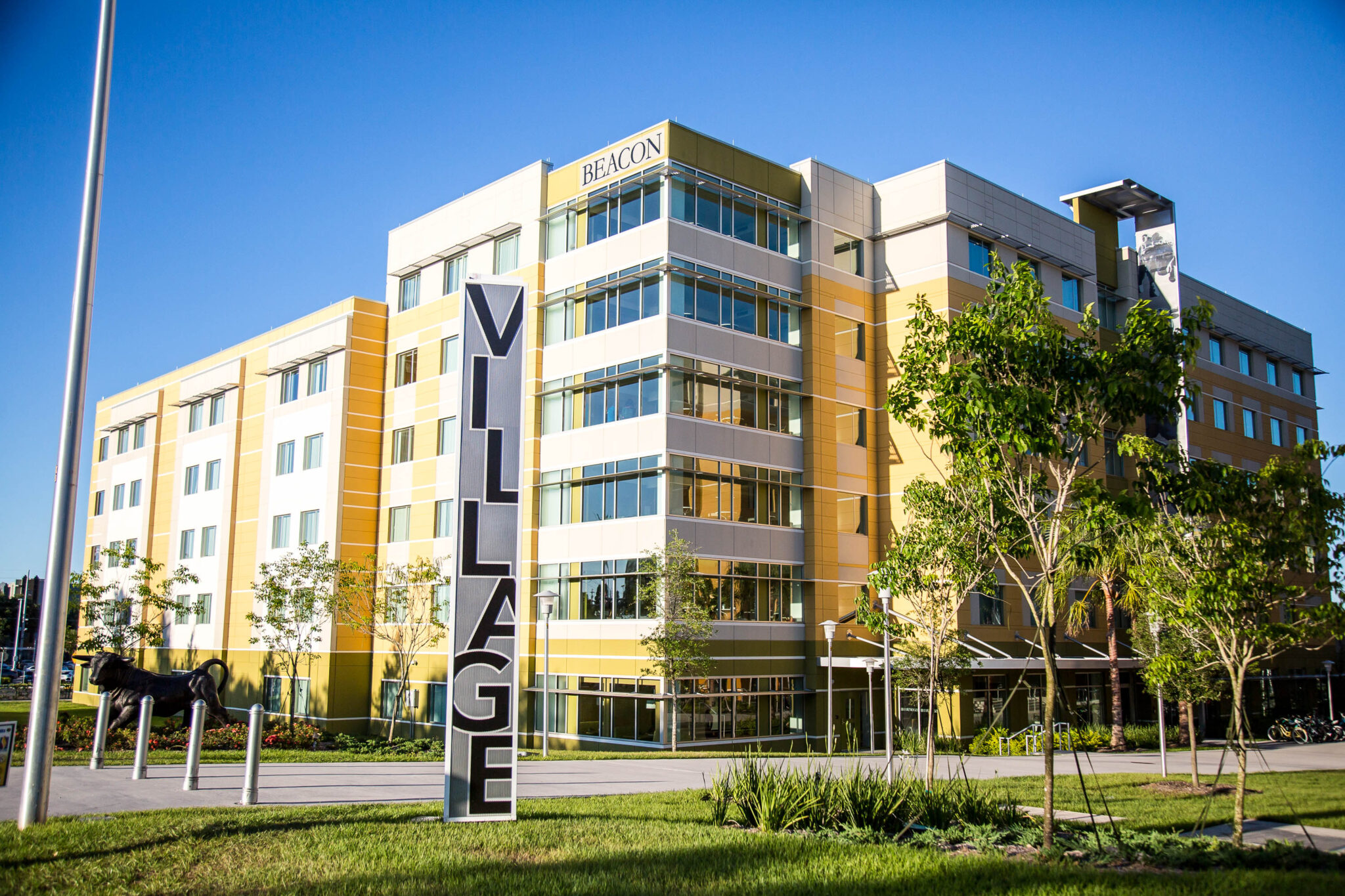Hot water system to be replaced

Following seven campuswide outages in the system over the fall and spring semesters, a new hot water system is set to be installed by the winter as the old system reaches the end of its life expectancy.
Eight energy efficient condenser boilers will replace the current three boilers as they break down from prolonged use, Associate Director of Communications Aaron Nichols said.
In a contract between the university and Siemens — the manufacturer of the system — and Bank of America, the project’s $9.9 million price tag will be paid off as the new system is used and cuts extra expenses due to its energy efficiency.
As of April, the project has been in the planning and development phase for a little over a year with two years of research beginning in 2019.
The proposal was originally approved by the Board of Trustees (BOT) in 2020, and in November the BOT Finance Committee authorized the project. In March, the project was finalized.
Nichols said the project was anticipated as the necessary upkeep expected of any water system.
“Our operations would support the equivalent of about 10,000 homes,” Nichols said. “We have 30 miles of underground chilled and hot water lines that supply our buildings. In a large complex system like ours, it is not uncommon to occasionally have a pipe leak. It is just a reality of the operation and maintenance of the system.”
Due to the natural wear and tear the system faces, increasing as it ages, residence halls have been experiencing water outages, with four campuswide outages in the fall semester and three in the spring. There have been eight hot water pipe leaks so far this academic year, three of which affected housing.
The total cost of repairs since fall was approximately $330,000, according to Nichols.
Many of the residential halls on campus are connected by the current system, excluding Juniper-Poplar Hall, The Village, Greek Housing and Magnolia apartments due to their more recent construction. When a leak happens “up-stream” in the system, the water must be cut previous to that point, restricting water from all residential halls “downstream” of the leak.
During the renovation phase of the project from May through winter, temporary boilers will be installed in a time that least interferes with students’ daily activities. The process of establishing the boilers should only take a couple of hours, according to Nichols.







